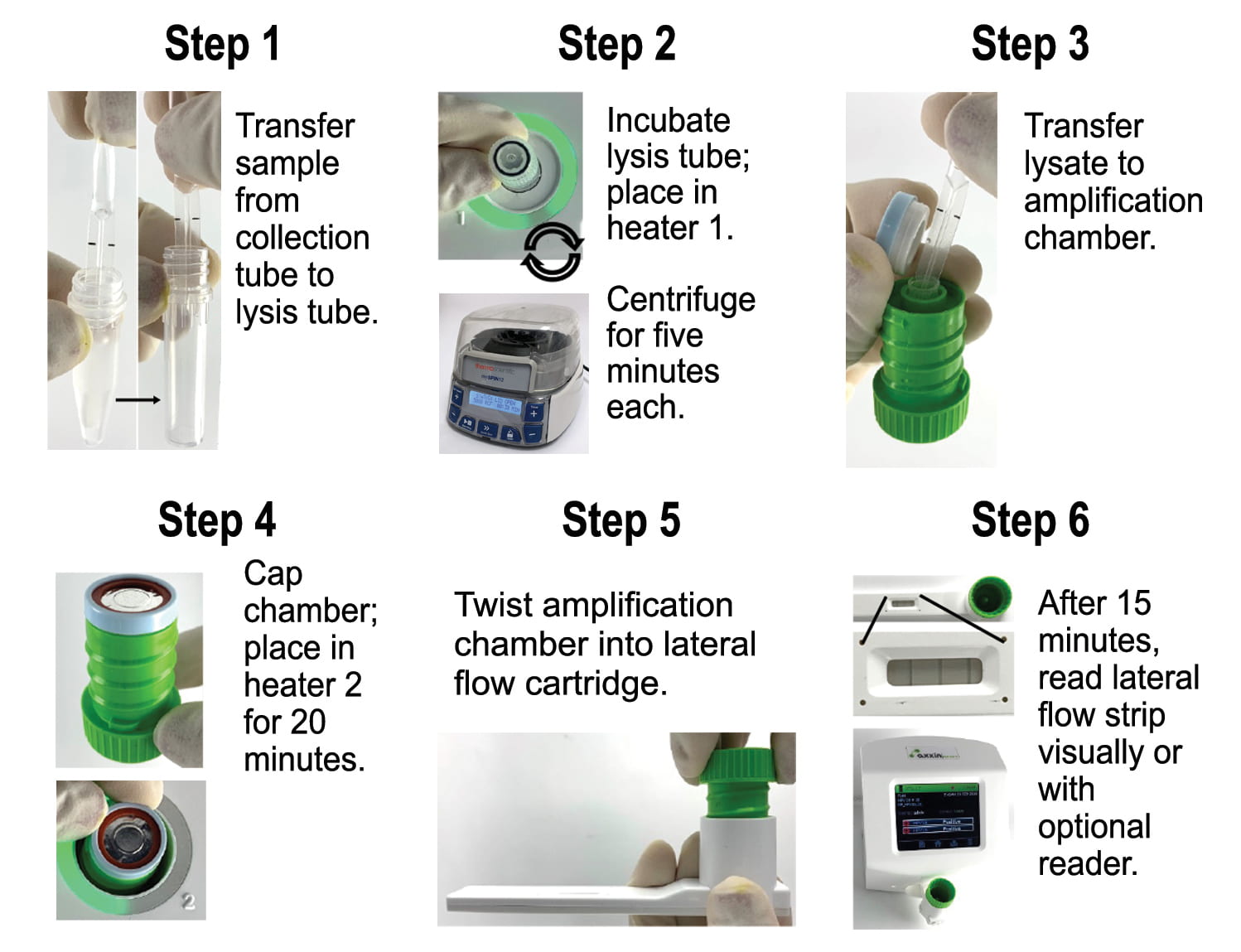 Roche’s HPV Self-Collection Solution Receives FDA Approval
Roche’s HPV Self-Collection Solution Receives FDA Approval
Roche, a leading pharmaceutical company, announced on May 15, 2023, that their human papillomavirus (HPV) self-collection solution has been granted approval by the United States Food and Drug Administration (FDA). This marks a significant milestone as it becomes the first HPV self-collection test to receive approval in the United States.
The approval of this solution is expected to have a positive impact on the accessibility of HPV testing and potentially lead to earlier detection of cervical cancer. In 2018 alone, over 43 million cases of HPV were reported in the United States. HPV is the most common sexually transmitted infection (STI) in the country, particularly among sexually active individuals in their late teens and early 20s.
One of the concerning aspects of HPV is that it can be transmitted through various forms of contact, including oral, vaginal, or anal. Even individuals without symptoms can spread the virus. While it is estimated that about 90% of cases resolve on their own within two years, persistent infections can pose significant healthcare challenges. Genital warts are a common manifestation of the virus, and it has also been linked to several types of cancers, most notably cervical cancer. Other types of cancers associated with HPV include vulvar, vaginal, penile, anal, and oropharyngeal cancers.
To protect against HPV and its associated health risks, the most effective measure is vaccination. The HPV vaccine is recommended for preteens aged 11 or 12 and individuals up to 26 years old who have not yet been vaccinated. However, Roche’s HPV self-collection solution now provides another tool in the fight against HPV and cervical cancer.
The FDA approval allows individuals to collect their own vaginal samples in a healthcare setting. These samples can then be submitted to a laboratory for analysis using Roche’s cobas molecular equipment. This self-collection solution empowers individuals to take control of their own health and gather important information.
Matt Sause, the Chief Executive Officer of Roche Diagnostics, expressed his optimism about the impact of their self-collection solution on the global effort to eliminate cervical cancer. He stated, “The World Health Organization’s goal of eliminating cervical cancer by 2030 is within reach… With vaccinations, innovative diagnostic tools, and screening programs, we can achieve elimination of cervical cancer.” Roche’s self-collection solution contributes to this objective by removing barriers and providing access to HPV screening. By enabling individuals to collect their own samples in a confidential environment, this solution plays a critical role in reaching this ambitious goal.
In conclusion, Roche’s HPV self-collection solution has received FDA approval, making it the first of its kind in the United States. This approval brings hope for increased accessibility to HPV testing and earlier detection of cervical cancer. Alongside vaccination efforts, innovative diagnostic tools like Roche’s self-collection solution are essential in the fight against HPV and the goal of eliminating cervical cancer. It empowers individuals to take charge of their own health and contribute to this global mission.

